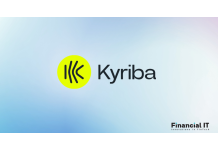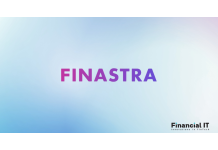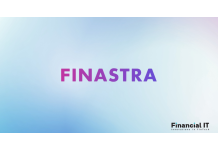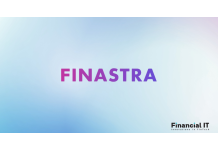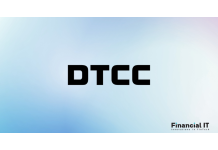Kyriba Expands in Brazil, Solidifying Growing LATAM...
- 13.11.2025 08:45 am
Merck Selects Broadridge To Transform Treasury...
- 29.09.2025 09:35 am
Standard Chartered and Ant International Collaborate...
- 26.08.2025 10:05 am
Trovata Acquires ATOM, Unlocking Full Treasury...
- 28.07.2025 11:25 am
Finastra Enhances KTP Treasury Management Technology
- 12.06.2025 09:25 am
Finastra to Sell Treasury and Capital Markets Division...
- 19.05.2025 10:45 am
Atlar and TreasurySpring Announce Collaboration to...
- 13.05.2025 10:15 am
Finastra and TIM Corp Team Up to Transform Treasury...
- 10.04.2025 09:00 am
DTCC’s FICC Now Live With New Treasury Clearing...
- 25.03.2025 12:40 pm
WealthKernel Partners With Round Treasury to Transform...
- 21.03.2025 07:15 am
HSBC Launches Seven-Day Cash Concentration Solution To...
- 19.03.2025 09:05 am
TreasurySpring Announces Launch of Public API and...
- 12.03.2025 09:05 am


